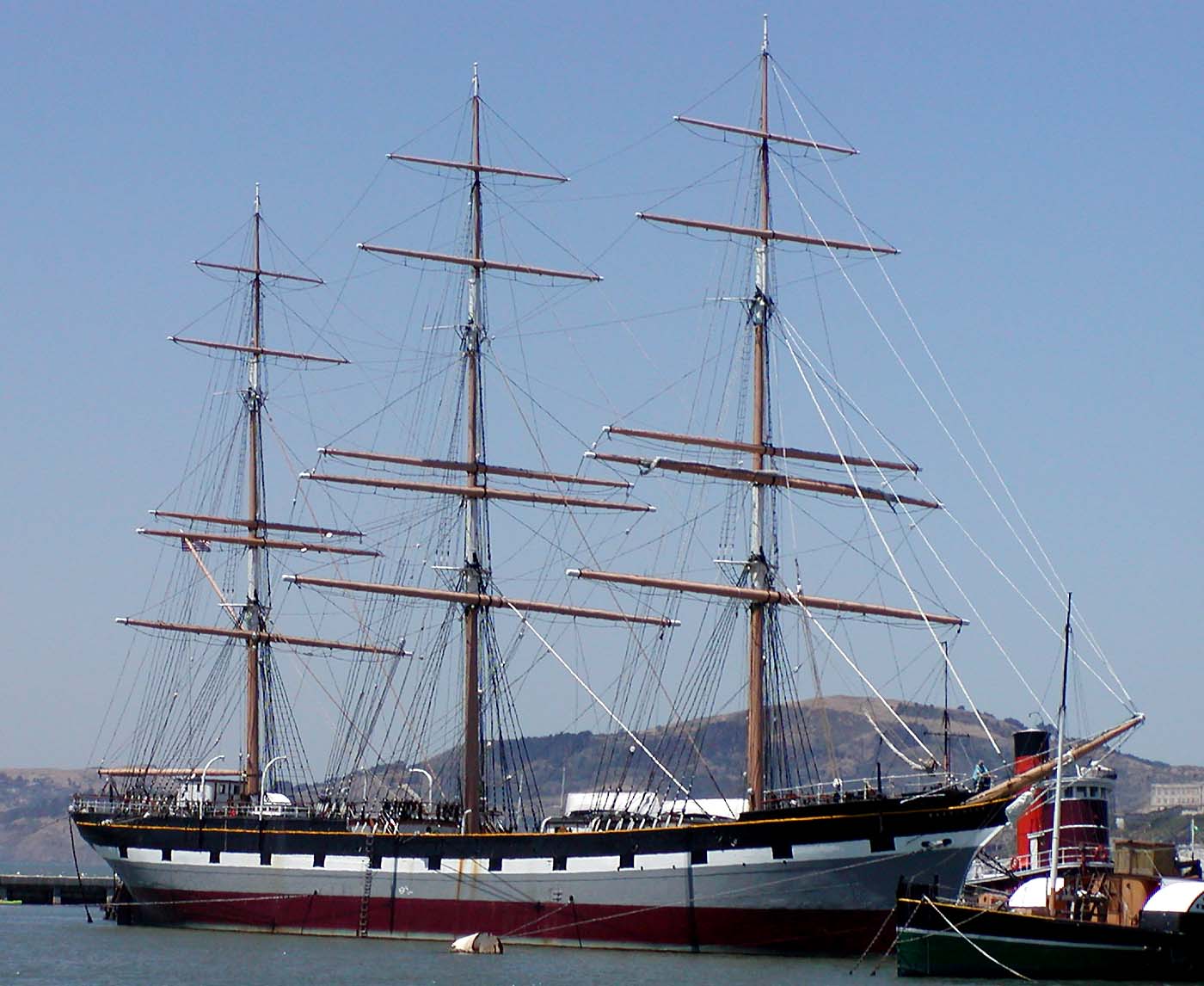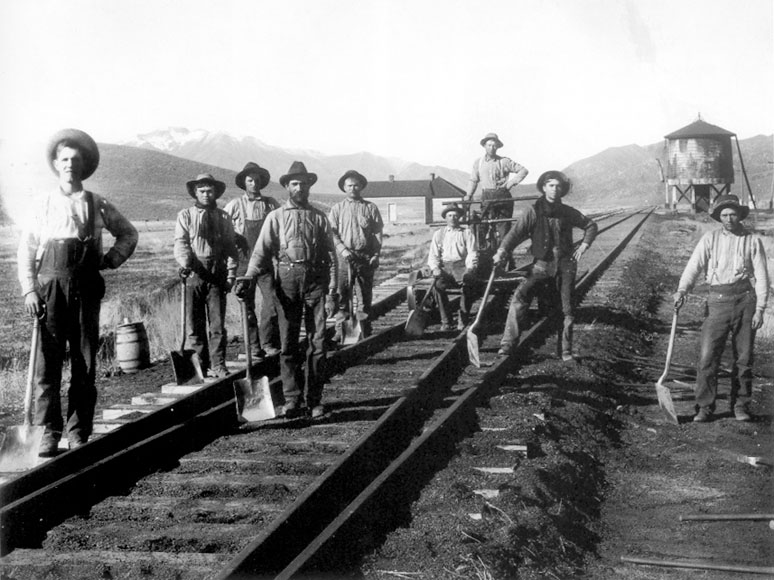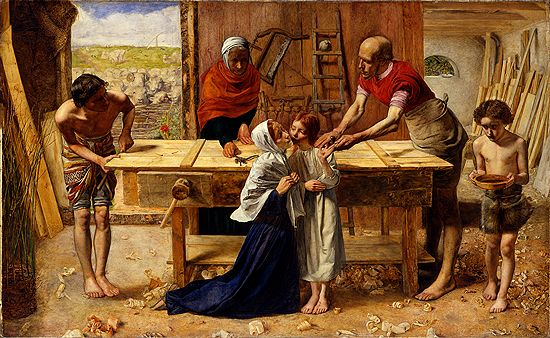
Source of the following: Mudcat Cafe
Samuel Pepys in his “Diary” under the date of January 2nd 1665, speaks of the singing of “Barbara Allen.” The English and Scottish both claim the original ballad in different versions, and both versions were brought over to the US by the earliest settlers. Since then there have been countless variations (some 98 are found in Virginia alone). The version used here is the English one. The tune is traditional.
Child Ballad #84
There was a [G] fair maid [A] dwellin’
[G] Made every youth cry [Bm] Well-a-day,
[A] Her name was Barb’ra [D] Allen.
All in the merry month of May,
When green buds they were swellin’
Young Willie Grove on his death-bed lay,
For love of Barb’ra Allen.
He sent his man unto her then
To the town where she was dwellin’
You must come to my master, dear,
If your name be be Barb’ra Allen.
So slowly, slowly she came up,
And slowly she came nigh him,
And all she said when there she came:
“Young man, I think you’re dying!”
He turned his face unto the wall
And death was drawing nigh him.
Adieu, adieu, my dear friends all,
Be kind to Bar’bra Allen
As she was walking o’er the fields,
She heard the death bell knellin’,
And ev’ry stroke did seem to say,
Unworthy Barb’ra Allen.
When he was dead and laid in grave,
Her heart was struck with sorrow.
“Oh mother, mother, make my bed
For I shall die tomorrow.”
And on her deathbed she lay,
She begged to be buried by him,
And sore repented of the day
That she did e’er deny him.
“Farewell,” she said, “ye virgins all,
And shun the fault I fell in,
Henceforth take warning by the fall
Of cruel Barb’ra Allen.”









